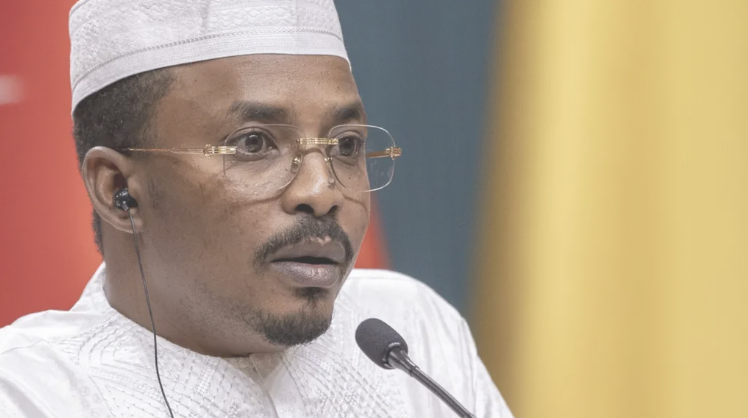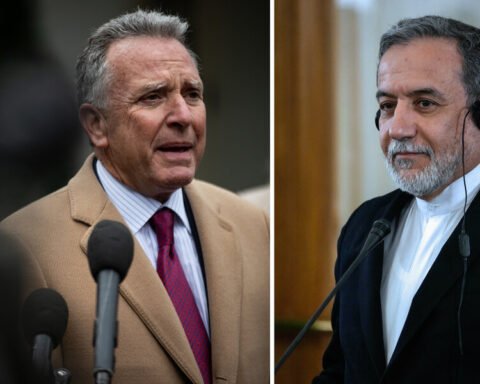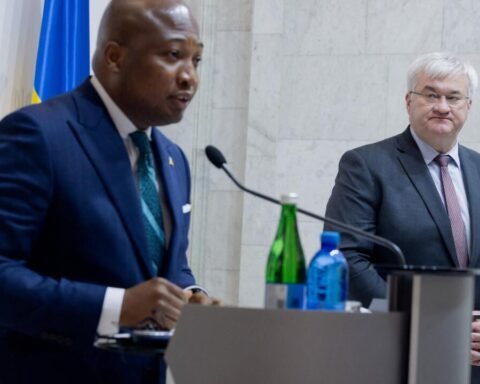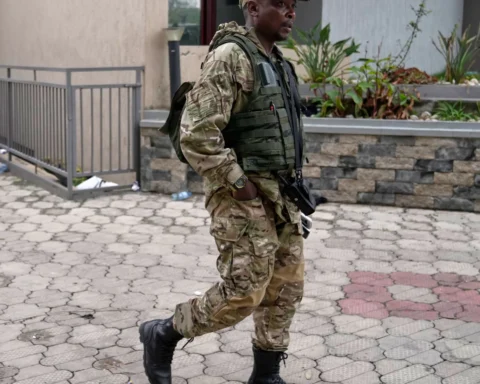A sharp diplomatic rift has emerged between Chad and the United States, after the Central African nation announced it would stop issuing visas to American citizens in retaliation for being included in a renewed U.S. travel ban targeting mostly African and Muslim-majority countries.
In a public post on his official Facebook page, President Mahamat Idriss Déby Itno expressed indignation over Washington’s decision, emphasizing national sovereignty and respect.
“Chad has neither planes to offer nor billions of dollars to give, but Chad has its dignity and pride,” Déby wrote in French, drawing widespread reactions both at home and abroad.
The move follows an updated directive from former President Donald Trump, reinstating elements of the controversial travel bans first introduced during his initial term. The new list of affected countries includes twelve nations, with seven from Africa—among them Somalia, Libya, Eritrea, Sudan, Republic of Congo, Equatorial Guinea, and Chad.
According to the U.S. Department of Homeland Security, the bans are grounded in concerns about national security, particularly regarding countries that allegedly lack “adequate identity management and information-sharing protocols.” Officials also cited issues related to visa overstays, with some African states—Chad included—reportedly registering overstay rates exceeding 40%.
Also Read; Russia, North Korea Resume World’s Longest Train Route
However, analysts argue that the bans disproportionately affect nations already grappling with political and economic instability, and undermine long-standing partnerships. Chad–U.S. relations have historically centered on counterterrorism cooperation and regional stability in the Sahel, where Chad remains a key player in combatting militant threats like Boko Haram.
“This decision is unfortunate. Reciprocity is not hostility—it’s sovereignty in practice,” said a senior Chadian diplomat in an interview with local radio. “We will always value our cooperation with America, but it must be based on mutual respect.”
While the actual number of U.S. citizens seeking entry to Chad is limited—largely consisting of aid workers, journalists, and diplomats—the symbolic weight of the announcement has rippled across the continent. Several African leaders have privately expressed concern that the travel bans reflect a broader trend of marginalization.
International law experts say legal challenges to the new travel ban could soon emerge, particularly from civil rights groups in the United States. However, any reversal is likely to take months—possibly longer if reinforced through executive order or legislative approval.







